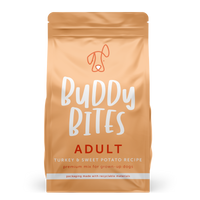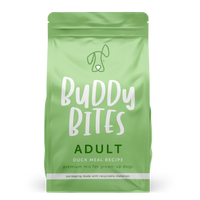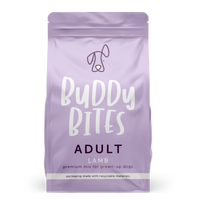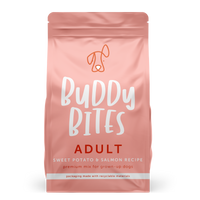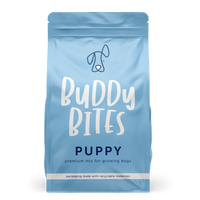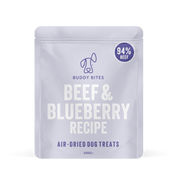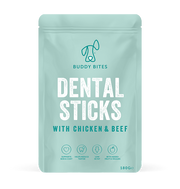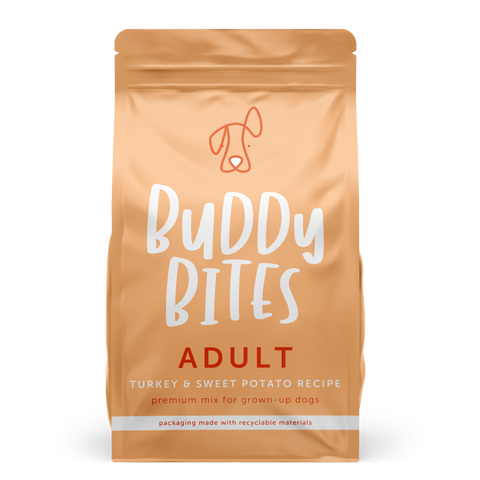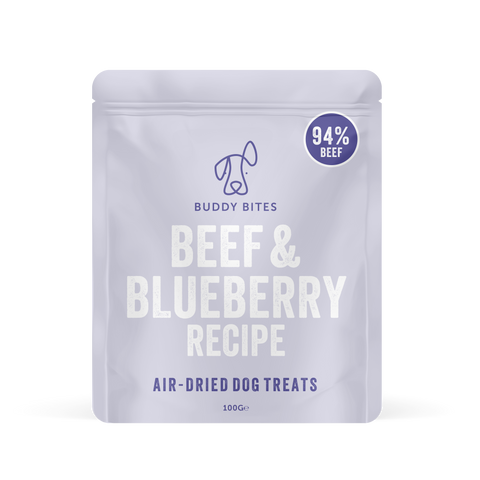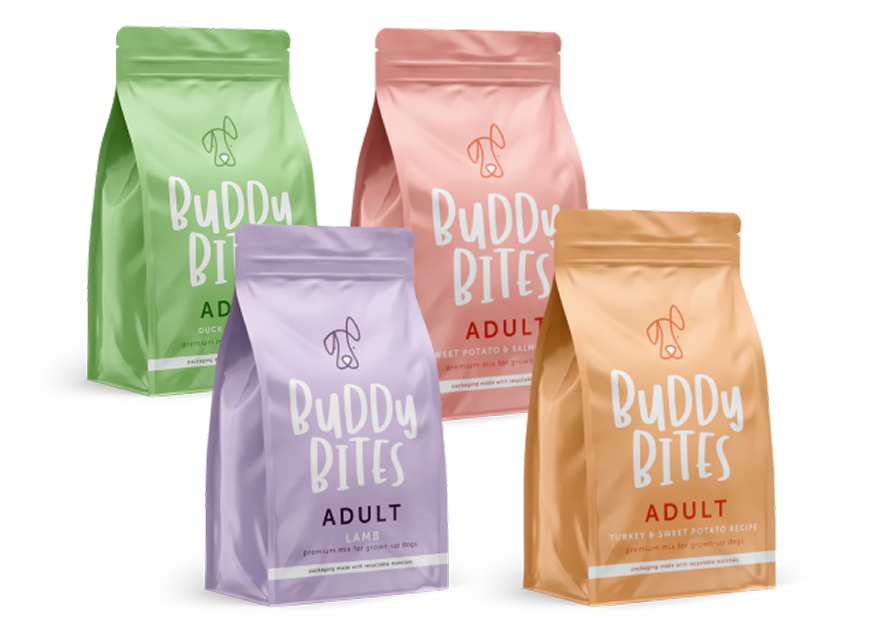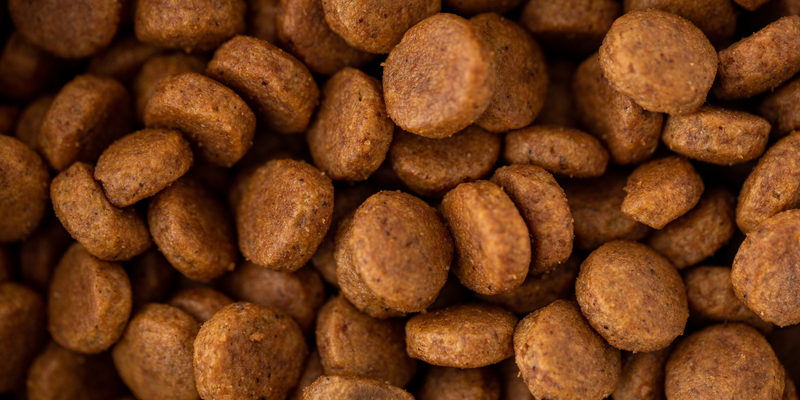Do we add MSG into Buddy Bites? - No way!
November 25, 2022
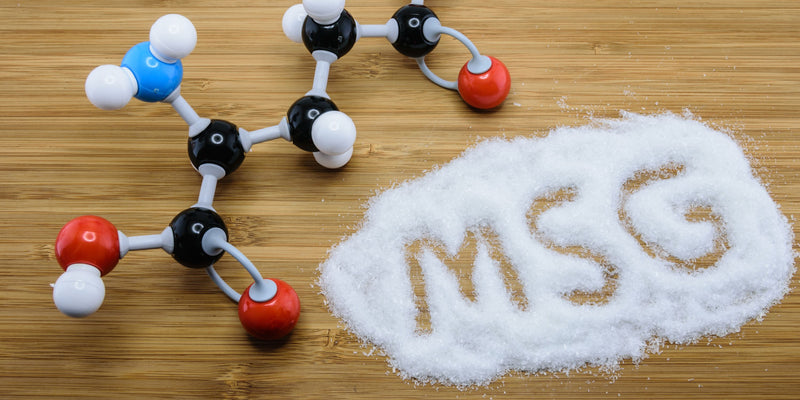
MSG; many of us have heard of these 3 letters and its addictive connotations but we are here to shed some light on this controversial ingredient!
Let’s start with the science….MSG stands for Monosodium glutamate and it is the sodium salt of glutamic acid. Glutamic acid is naturally present in our bodies as well as in foods. MSG can occur both synthetically (man-made) and can also occur naturally in some foods such as tomatoes, cheeses, hydrolysed yeast, yeast extract and protein isolates. Synthetic MSG is made by fermenting starch, sugar beets, sugar cane or molasses in a similar way to how wine is made.
Synthetic MSG is a white odourless powder that’s used as an additive in food to enhance the flavour by providing the umami taste. The word ‘’umami’’, means delicious in Japanese and is widely being accepted as the fifth basic form of taste, behind sweet, sour, salt and spicy.
A little bit of history…It was all the way back in the early 1900’s that a Japanese scientist called Kikunae Ikeda discovered that the taste of dashi, a Japanese soup, contained a flavour that was distinctly different from the 4 basic tastes. After a process of elimination, he discovered the MSG molecular formula! The umami flavour in MSG intensifies the meaty flavour of food and is commonly added to processed meat, soups, crisps and is very popular in Chinese restaurant food.
MSG has been tested and evaluated by the European Food Safety Association (ESFA) and the Food and Drug Association (FDA) and has been deemed safe to use within certain limits. Despite this there is a lot of speculation about possible health issues in humans, associated with MSG consumption. Symptoms described include headaches, numbness, dizziness, chest pain … to name a few, however there is no consistent evidence as of yet.
MSG has also been approved as an additive in animal feed in the EU but if a diet contains MSG it must be stated on the packaging. If a product contains naturally occurring MSG, then it does not have to be stated on the label.
Buddy Bites food contains only the best ingredients to keep dogs happy and healthy. Some ingredients will contain naturally occurring MSG, such as yeast extract. Yeast extract contains high levels of β-glucans and mannan-oligosaccharides (MOS), which have beneficial effects on not only the immune system but also the microbiome and intestinal health. 
Despite its bad reputation MSG contains 61% less salt than table salt and we all know high-salt diets have been linked to kidney and heart disease. Therefore adding MSG to foods in an attempt to reduce the salt content, but keep the flavour, may have some inadvertent health benefits.
With this being said Buddy Bites does not add any synthetic MSG to our dog food, why you ask? it’s simple, Buddy Bites is tasty enough without it!
